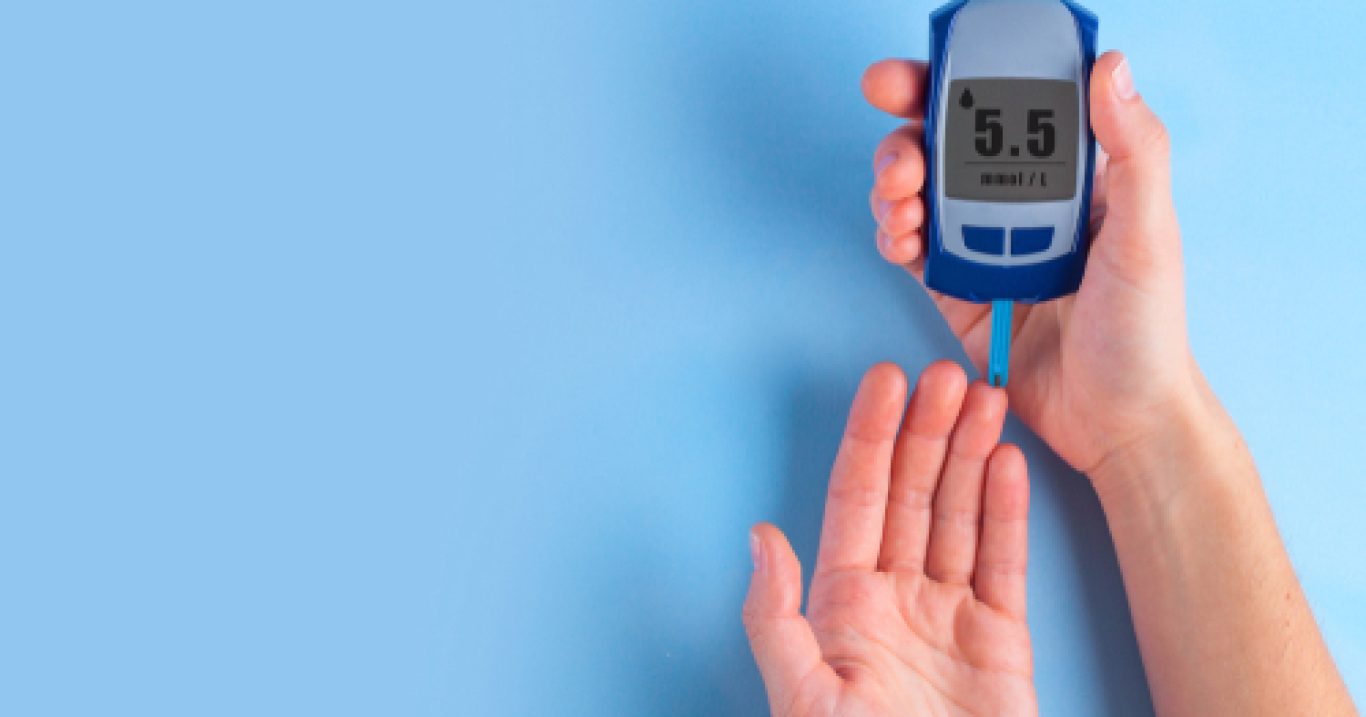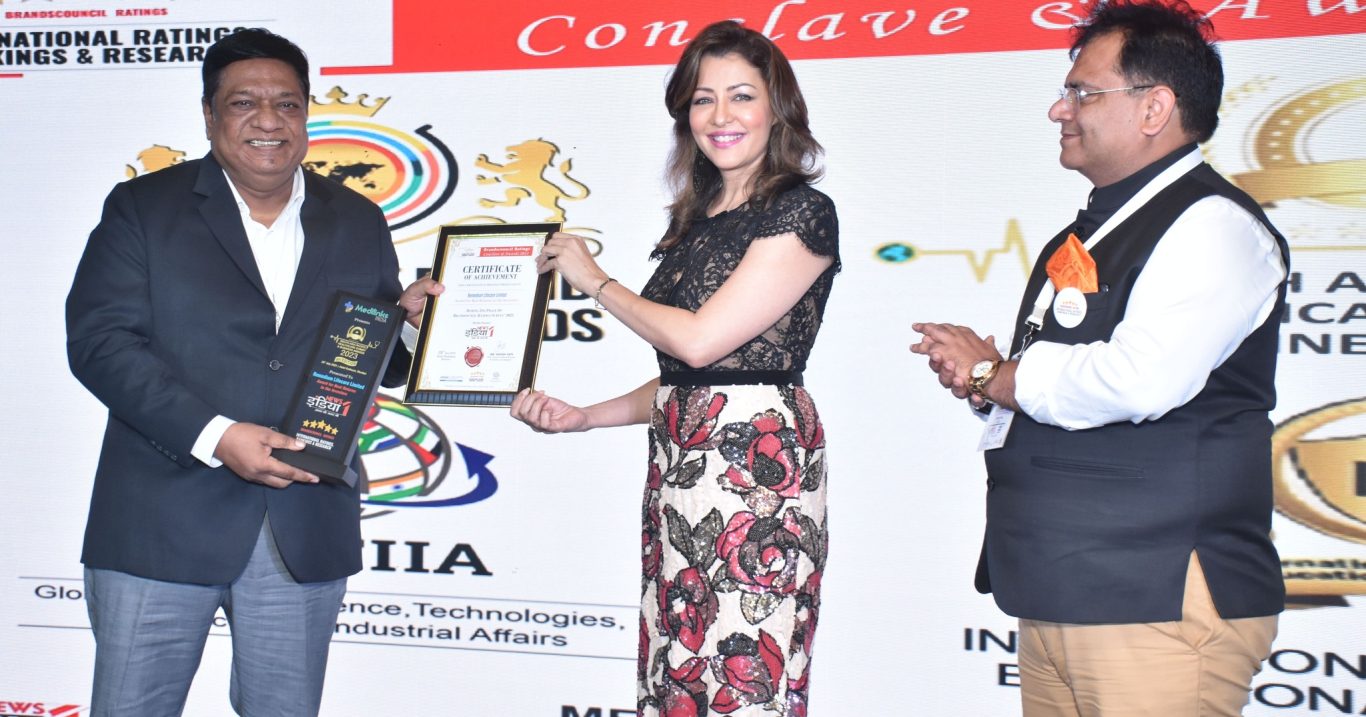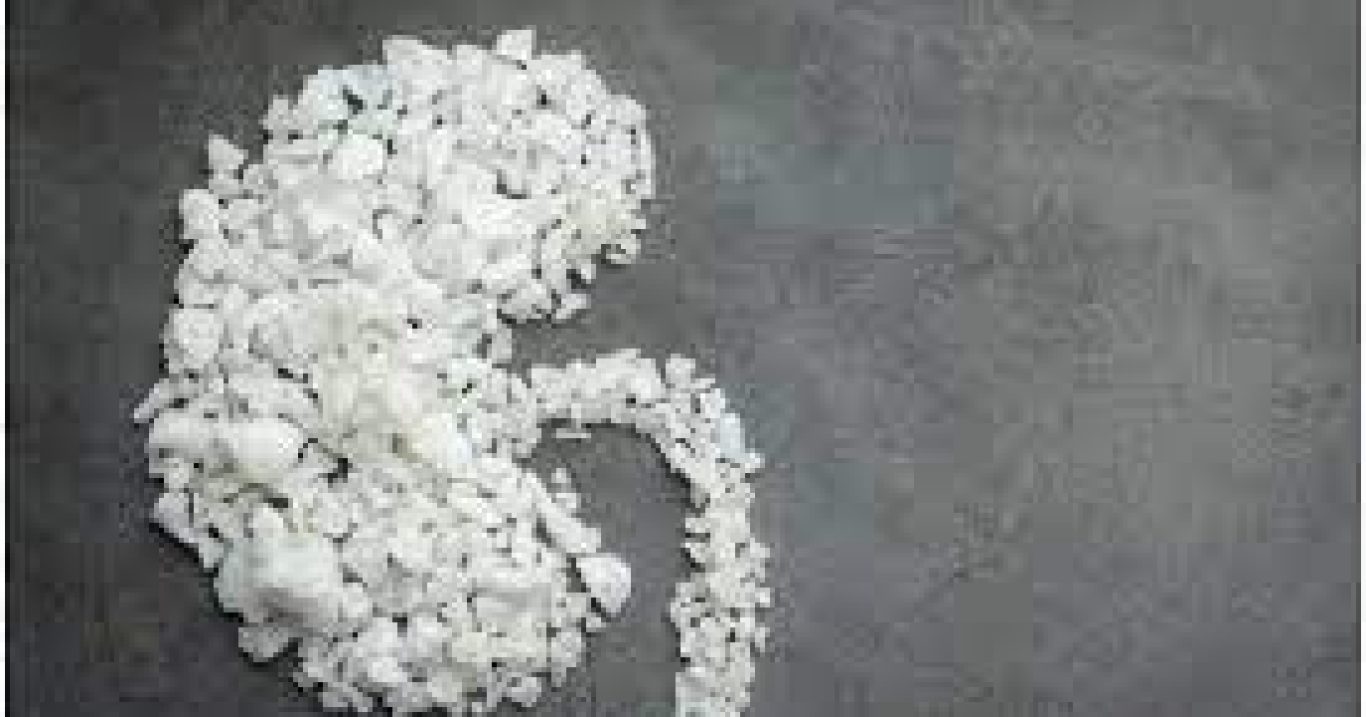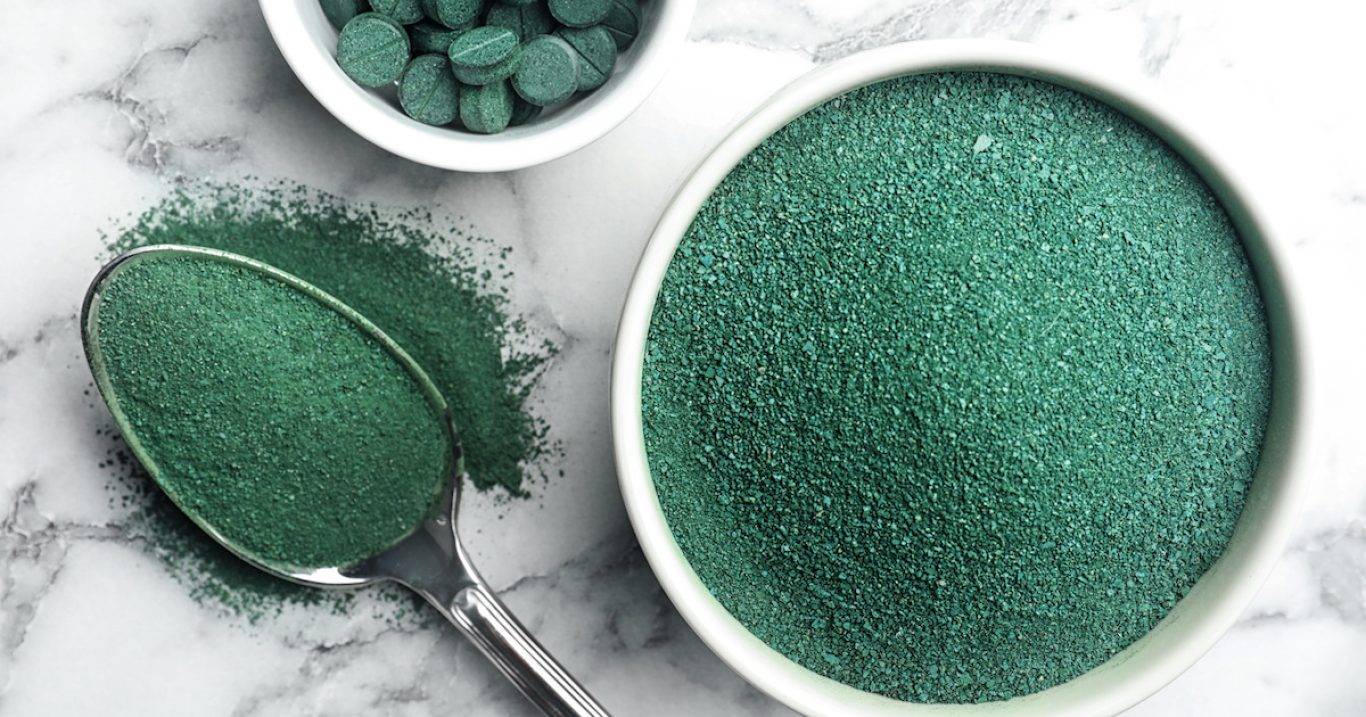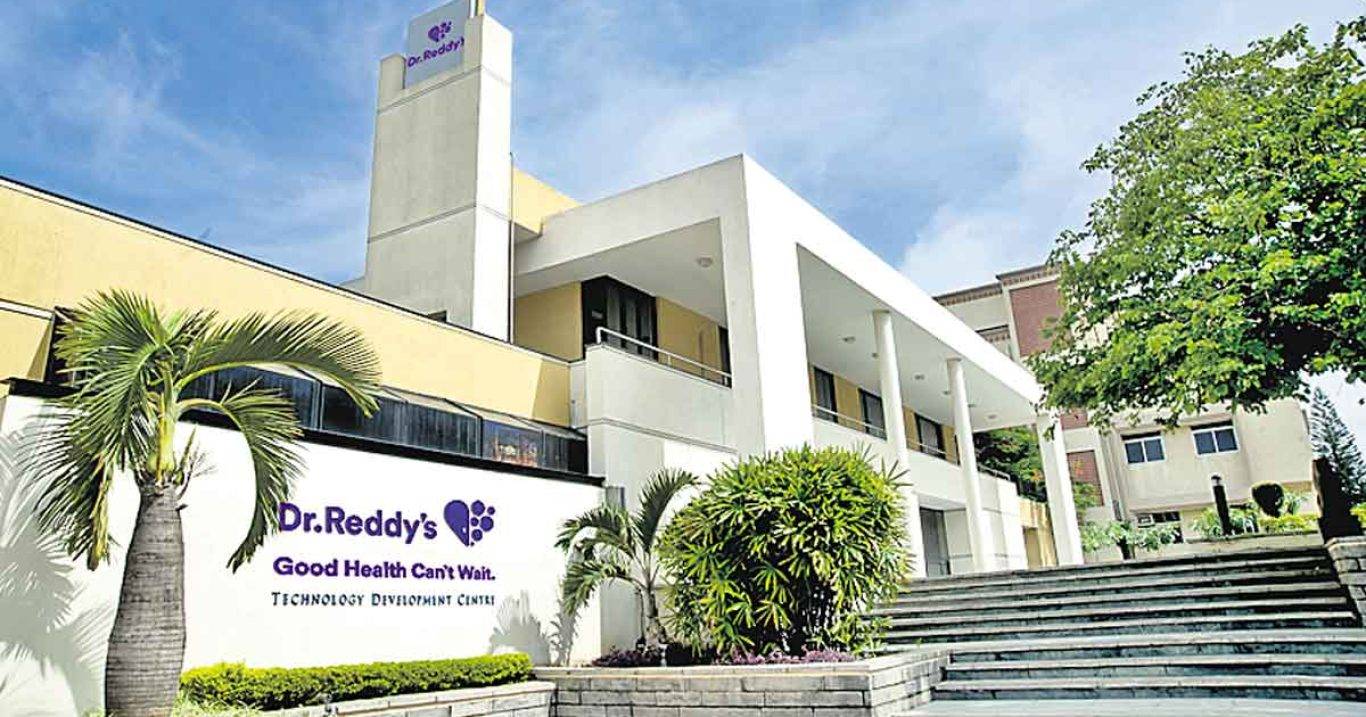Indian pharma envisages exports expansion, including in Latin American
India Brand Equity Foundation (IBEF) today announced the sustained collective efforts being made by the pharmaceutical industry and the Indian government for sustaining the export growth trajectory.

The country has made a robust commitment to implement a range of regulatory and quality measures designed to safeguard its increasing market share in developed economies, says IBEF, a Trust established by the Department of Commerce, Ministry of Commerce and Industry, government of India.
With total global exports of close to $15 billion in 2013-14, around 220 countries are sourcing pharma products from India. Argentina has recently fully opened-up its $6 billion drug market to Indian companies, increasing the scope to supply finished pharmaceuticals formulations.
With the Latin American nation now including India on the list of countries that can supply medicines to the market, India’s current contribution of around 8% to the Latin American region is expected to grow substantially in the long term.
Indian drugmakers expect to increase capex to $8.3 billion by 2017-18
On a macro level, India’s top 20 pharmaceutical companies are expected to increase capital expenditure (capex) by 40% to over 500 billion rupees ($8.3 billion) by 2017-18. The investment is expected to be directed towards greater attention to regulated markets, to take advantage of substantial patent expiries expected in the medium term and an ever increasing demand for generics. The top 20 Indian pharma companies contribute close to two-third of the country’s total pharma exports.
In light on the above developments, the government of India along with the industry has taken measures to create a more export friendly ecosystem for the Indian pharmaceutical industry. India is one of the first few countries to launch the Trace and Track mechanism for its pharma products. The system involves affixing bar-codes on the primary, secondary and tertiary levels packaging labels in phases following GS-1 global standards. The bar-code helps in tracking and tracing the origin of drugs, which in turn minimizes the chances of genuine drugs being considered spurious, sub-standard or counterfeit. The system is already in place at the secondary and tertiary level of packaging currently.
Importance of high quality of drugs
“Quality is one of the major focuses for pharmaceutical exports from India. India looks at health care as a holistic issue rather than just commercial business,” said Sudhanshu Pandey, joint secretary, Department of Commerce, Government of India.
The Department of Commerce, Government of India, has been following a zero tolerance policy for maintaining high quality in the Indian pharma exports. To address the issues from the developing markets, India has enhanced its engagement with the regulatory authorities.
For instance, a technical team was recently sent to Vietnam including representatives from Central Drugs Standard Control Organization (CDSCO) and Pharmaceuticals Export Promotion Council (Pharmexcil). The team held in-depth meetings with counterparts to understand the issues, and they are expected to extend this initiative in the coming months to other major developing markets. Additionally, India has also put in place a mechanism for filing complaints about pharma products from India. The Department of Commerce has appointed a nodal officer who will be responsible for handling such complaints working closely with the respective mission. An international cell has been set up in CDSCO with 10 dedicated inspectors to handle the cases reported from export markets.
Pharmexcil to organize workshops and seminar
Pharmexcil has also taken several significant initiatives involving the various stakeholders to improve the quality mechanisms of Indian pharma products. The Council plans to organize workshops and seminars in order to keep the Indian pharma industry aware of the changing regulatory regime in the export markets.
“We have recently started an International Knowledge Exchange program under which we invite members of the regulatory authority from the export market and facilitates their visit to Indian academic institutes, R&D centers and meeting with senior government officials. Officials from Egypt and Kenya visited India and we plan to invite regulators from GCC and ASEAN region during this financial year,” said Dr P V Appaji, director general, Pharmexcil.
The recent measures taken by the government of India and the other stakeholders are expected to reinforce India’s credibility as a “Responsible Healthcare provider.” With the opening up of new markets and continued investments from Indian pharmaceutical companies, the global pharma industry is expected to continue to benefit from the strong talent base and cost efficient manufacturing capabilities that the country offers, IBEF concluded.






